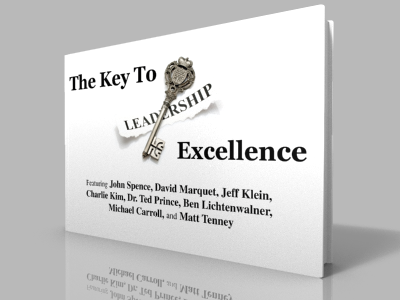If you are practicing awareness or mindfulness as part of your personal development training, you’ll notice that when you awaken with the perspective of mindfulness, and are no longer caught in your thinking, you are free to choose how you respond to whatever you are experiencing. Why not choose to smile?
If we’re angry, we can notice that, and smile to our anger. If we’re sad, we can smile to our sadness. When we see a person, we can smile to that person.
There are so many positive effects that result from smiling, including the feeling of joy, relaxation, improved functioning of the nervous system, being more attractive to others, and even living a longer, healthier life!
Below is a wonderful, 7-minute TED talk on many of the incredible benefits of simply smiling.
In addition to all of the wonderful benefits for ourselves that result from smiling, I truly believe that smiling is one of the most important things we can do to create positive change in the world around us.
I think it’s very easy to feel as though what we do in our daily life is having little or no impact on the world around us. But this not so! Each moment of our life has an incredible impact on the world around us.
We are almost all familiar with the “Butterfly Effect”. Although this is an analogy, it is certainly not fiction. Little, local events do lead to large, global events.
If a butterfly flapping her wings can ultimately lead to a change in the global weather pattern known as El Niño, imagine what your smile can do! Without any doubt, your smile could save the world!
Putting this into practice is so simple. Whenever you wake up with the perspective of mindfulness, smile a little (or a lot)! You are free from your thoughts and feelings, so why not choose to smile? You’ll benefit significantly, the people around you will benefit, and, who knows, you just might save the world while you’re at it!
Just CLICK HERE, and I’ll send you this eBook, featuring chapters from John Spence, Jeff Klein, Charlie Kim, Michael Carroll, Ted Prince, David Marquet, and Ben Lichtenwalner.








